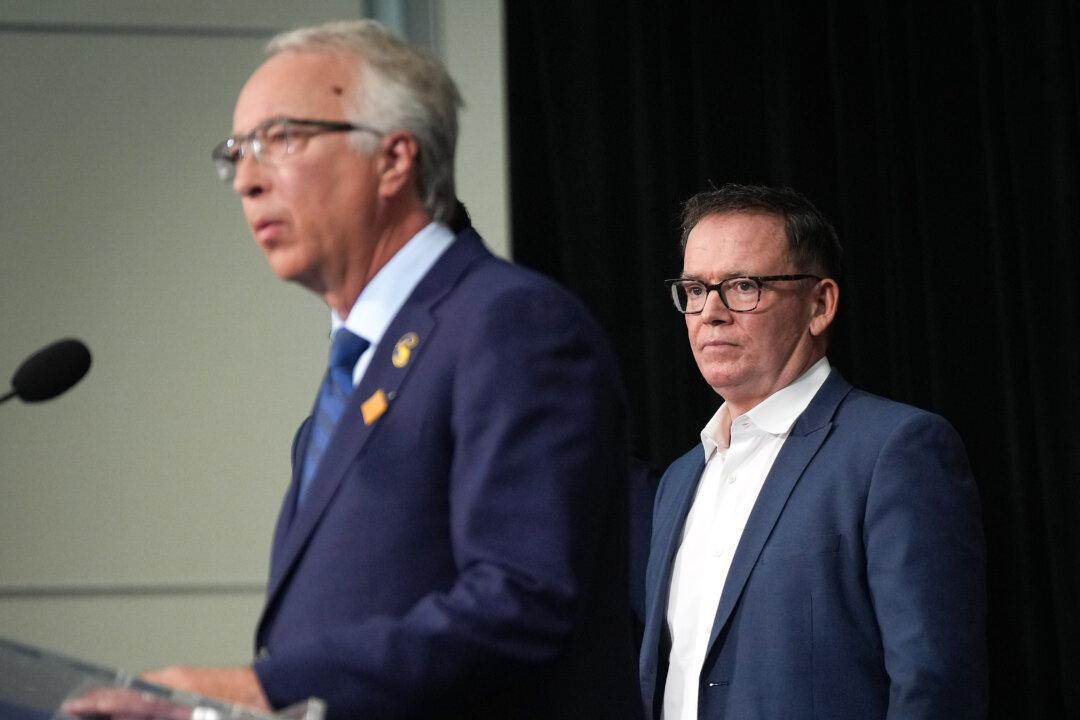The Conservative Party of B.C. has a narrow lead over the B.C. NDP days after BC United suspended its campaign and threw support behind the Conservatives, according to numbers from Angus Reid.
In the first post-merger survey released on Aug. 30, the Conservative Party has 44 percent of voter support while the NDP is at 43 percent. The B.C. Green Party has 10 percent support.





